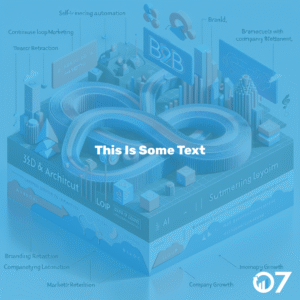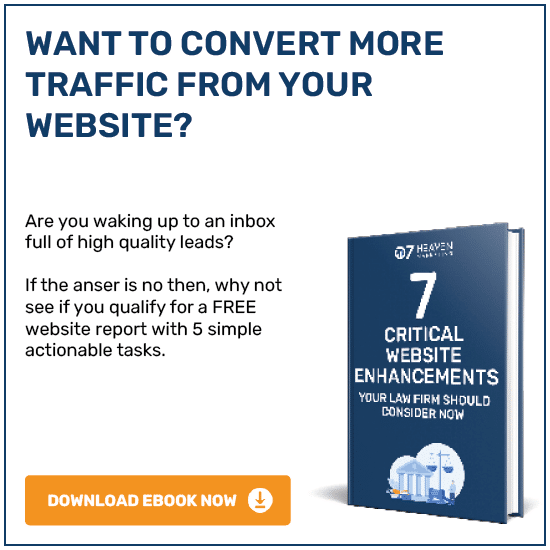GDPR
If you are still unaware of GDPR, here is a quick summary!
GDPR stands for the General Data Protection Regulation. GDPR is a new law which aims to have a singular set of data protection rules across the EU and to give individuals better control over their personal data. As of the 25th May 2018, the new law will be in affect and replace the Data Protection Act 1998. If you would like more information about it, read our helpful blog GDPR: What Is It?
Some will describe GDPR as the law which will end marketing processes. BUT, we are here to tell you that this is simply not the case. Read our blog to know how it will positively affect your inbound marketing efforts.
Customer Relationship
The relationship between your business and your customer, and your business and your target audience is vital. One of the main demands of a customer is the feeling of trust with a brand. Inbound marketing not only aims to increase sales, but it aims to build a strong relationship to encourage repeat purchases- a more reliable method of revenue. If a customer is going to purchase from you, they will need to disclose some sort of personal data (the amount will depend on the type of business you have). One of the aims of GDPR is that customers will have utter honesty and transparency around how their data will be used and stored. Now that GDPR has come into effect, customers will be rest assured that all data taken has been done lawfully. Any business which does not adopt GDPR compliance can face prosecution and/or fines, because of this we highly doubt anyone would be brave enough (or stupid enough!) to not comply. It has been found that one of the main reasons why a customer may be put off from interacting with a brand is the lack of clarity on how their data will be used. Now that GDPR has come in to play, customers will be more inclined to purchase or engage with a brand.
“Transparency leads to an increase in the individual’s willingness to share personal information as [they are] able to see and assess the collected information and the possible use of it.” A study by the Thurgauer Institute of Economics
Accurate Data
GDPR not only affects new data, it affects previous databases too. Therefore, your company should have put in place compliant processes, as well as sweep previous databases in order to see if they are compliant as well. This means all data will be up-to-date, accurate and reliable. Data which is clear and concise will allow for improvements in the engagement with the inbound marketing methods.
Because of how particular GDPR law is, you cannot send marketing emails to anyone on your lists. You must be more specific on what you send people depending on whether they have openly accepted to receive such marketing.
Do not see this as a bad thing, this could help your efforts!
Due to customers explicitly determining what they want to see, this means the engagement rate and conversion rate should increase as they will only receive what they said they wanted. The higher the engagement rate, the higher the chance of your marketing methods to achieve what they intended. Higher engagement and conversion rates, lower costs and higher returns on investment are all aims of a business, GDPR can increase the chances of this.
For example, a group of people may say they only want to see marketing emails once a month. Therefore, we would send them 1 email which contains the most important information which we want them to see. Because they said they only wanted to see 1 email rather than us bombarding them with weekly emails, they will be more likely to click on that email and read it properly. Also, participating in any clicks which we desire, maybe clicking through to the contact us section of our website to enquire about services.
We acknowledge GDPR will mean those doing your marketing will have to work harder in order to be compliant, but the outcomes could significantly improve your inbound marketing efforts, therefore worth it!
For further insights and guidance, we invite you to explore our blog at 07hm.co.uk/blog. Here, you’ll find a wealth of information tailored to the needs and challenges of SMEs navigating the digital landscape. Additionally, if you have specific questions or need personalised advice, don’t hesitate to reach out to us via email at info@07hm.co.uk or telephone on 01702 410663.






